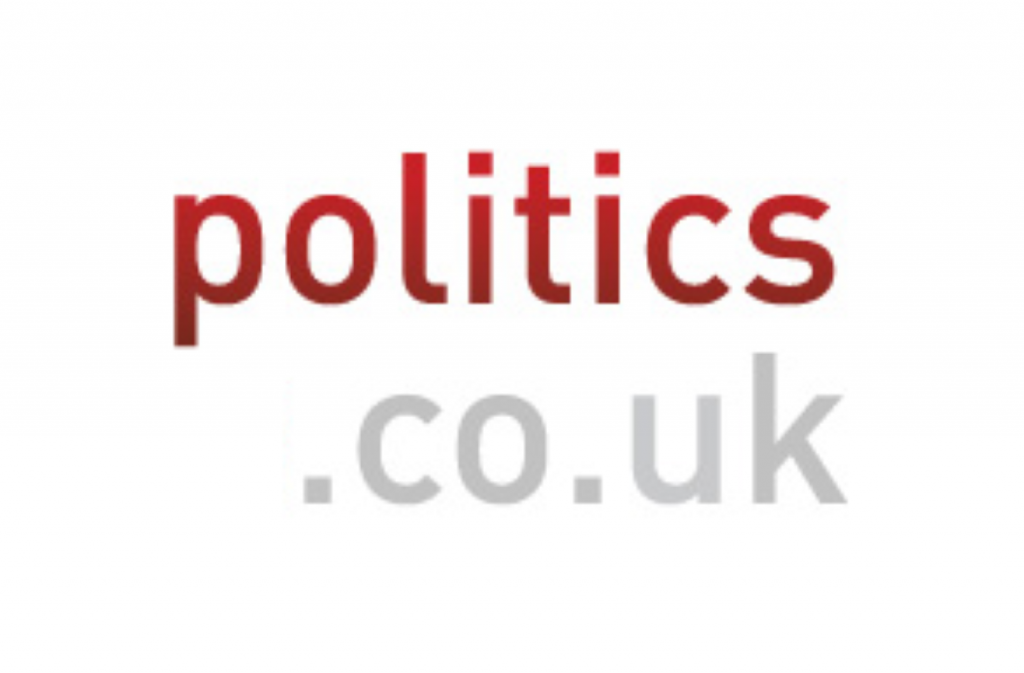Two years on: The jury’s still out on 24-hour licensing
Politics.co.uk sets out the early response to 24-hour drinking, asking if the evidence is as yet too weak to justify any reversal in the law. Is your mind already made up? Join in the debate
When 24-hour drinking came into force in 2005 it was touted as a solution to rising levels of alcohol-related crime and disorder in England and Wales. It was enabled by the Licensing Act 2003, which was passed as part of the government’s strategy for tackling excessive drinking.
Central to the rationale behind the act was the idea liberalising licensing laws would allow retailers to sell alcohol at any time, staggering crowds at closing time and reducing the risk of fights breaking out.
The Home Office identified 11pm and 2am as specific ‘flash points’ and argued graduating closing times would help prevent the anti-social behaviour associated with excessive drinking.


It was also hoped the law – which replaced a series of previous acts dating back to World War One – would cultivate a more ‘continental’ approach to drinking.
But while proponents insisted it would reduce the risk of criminality, critics severely doubted whether British society – where the problem of binge drinking is historically and culturally embedded – could embrace a ‘café culture’.
While no official figures have yet been released to either prove or disprove how successful the law has been in changing cultural behaviour and reducing crime, there has been consistent pressure for the law to be repealed.
PM backing legal review
Upon becoming prime minister this year Gordon Brown announced the law was under review. At the Labour conference in September he reiterated he would “not hesitate” to scrap it if evidence proved to be unfavourable.
Common objection centres on the apparent contradiction of attempting to curb problem drinking by introducing a law which effectively grants people more leeway to abuse alcohol.
The Liberal Democrats have rejected the logic behind the legislation from the beginning.
This month culture spokesman Don Foster said it had been “ludicrous” to introduce 24-hour licensing in the UK, insisting that instead of creating a continental café culture: “We have seen a surge in alcohol related A&E admissions and a rise in drunken violence.”
According to the Home Office, the licence is highly conditional upon responsible practice, with businesses risking a suspension of their licences or being fined if they fail to comply.
Effect on crime and disorder
Although the department’s official evaluation is not due until 2008, the Home Office claim there is no evidence to suggest the law is having anything but a positive impact on crime and disorder.
Enforcement on the ground has been far from smooth, however, with police forces complaining that liberalising restrictions has made their work more problematic.
Alan Gordon, vice-chairman of the Police Federation of England and Wales, has said that statistical evidence demonstrating overall consumption has declined over the last two years is out of sync with the experience of police officers on the ground.
Mr Gordon said this month: “Our role has been made more difficult as a consequence of an increase in alcohol-related incidents and we would welcome and support a review of 24-hour licensing.”
The Metropolitan Police have also expressed concerns about the ability of the law to curtail crime rates.
Chris Allison, deputy assistant commissioner at the Met and ACPO lead on licensing issues, said the force was working closely with local authorities, but was awaiting the publication of the Home Office report to determine the efficacy of the act.
Effects of excessive drinking
Further resistance emerged in November, however, after a number of campaign groups, concerned about the implications of liberalised licensing, formed a coalition to pressure the government to reconsider the law.
The Alcohol Health Alliance – composed of respected medical bodies and organisations such as the Royal College of Physicians and Alcohol Concern – insists that longer opening hours are exacerbating health problems and placing extra pressure of public services.
They highlight the £20 billion cost of treating alcohol related illness and the unprecedented rise of fatalities caused by drinking since 1999.
According to Office of National Statistics figures, the number of alcohol-related deaths in 1991 was 4,144. This has since more than doubled to 8,386, as of the last calculation in 2005.
Health minister Dawn Primarolo claims these negative effects are not attributable to the change in the law, as only one per cent of all establishments in England and Wales currently hold an extended licence.
Figures from the Department of Culture, Media and Sport published on November 8th, reveal 5,100 premises have round-the-clock drinking hours, amounting to just one per cent of total licences in England and Wales.
The vast majority of these are hotels, the research shows, who already had access to 24-hour licences prior to the wider roll out.
America’s prohibition experiment in the 1920s proved that attempts at a total ban on alcohol do not work, and the government hoped that liberalising alcohol laws would in contrast encourage people to take a more responsible approach to drinking, resulting in a reduction of late night crime and disorder.
The real test of this hypothesis will come when official figures are released into the public domain, with both sides of the debate benefiting from an independent and authoritative review assessing how the act has affected all areas of health, crime and social behaviour.
Debate: 24-hour drinking












